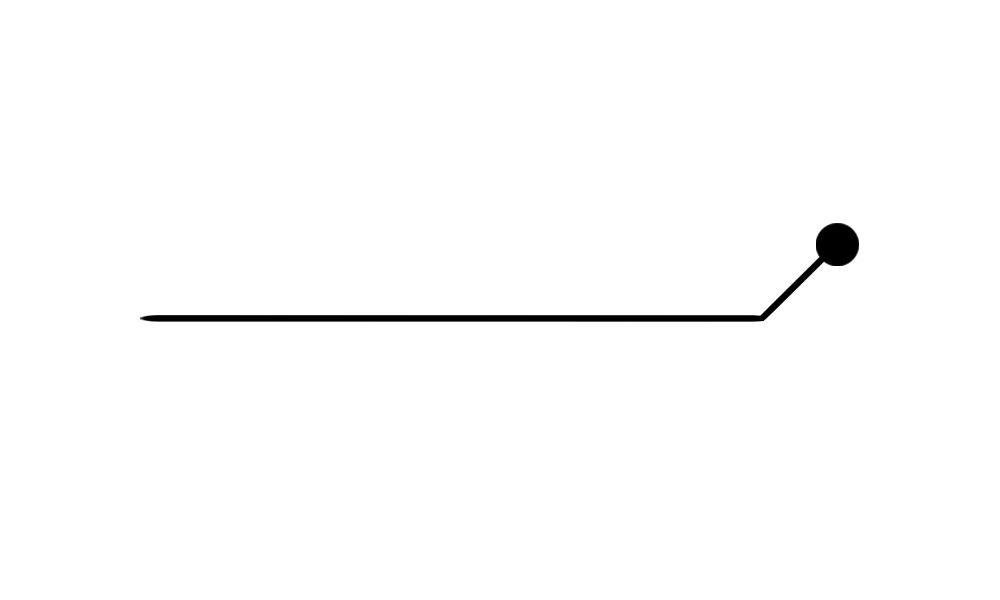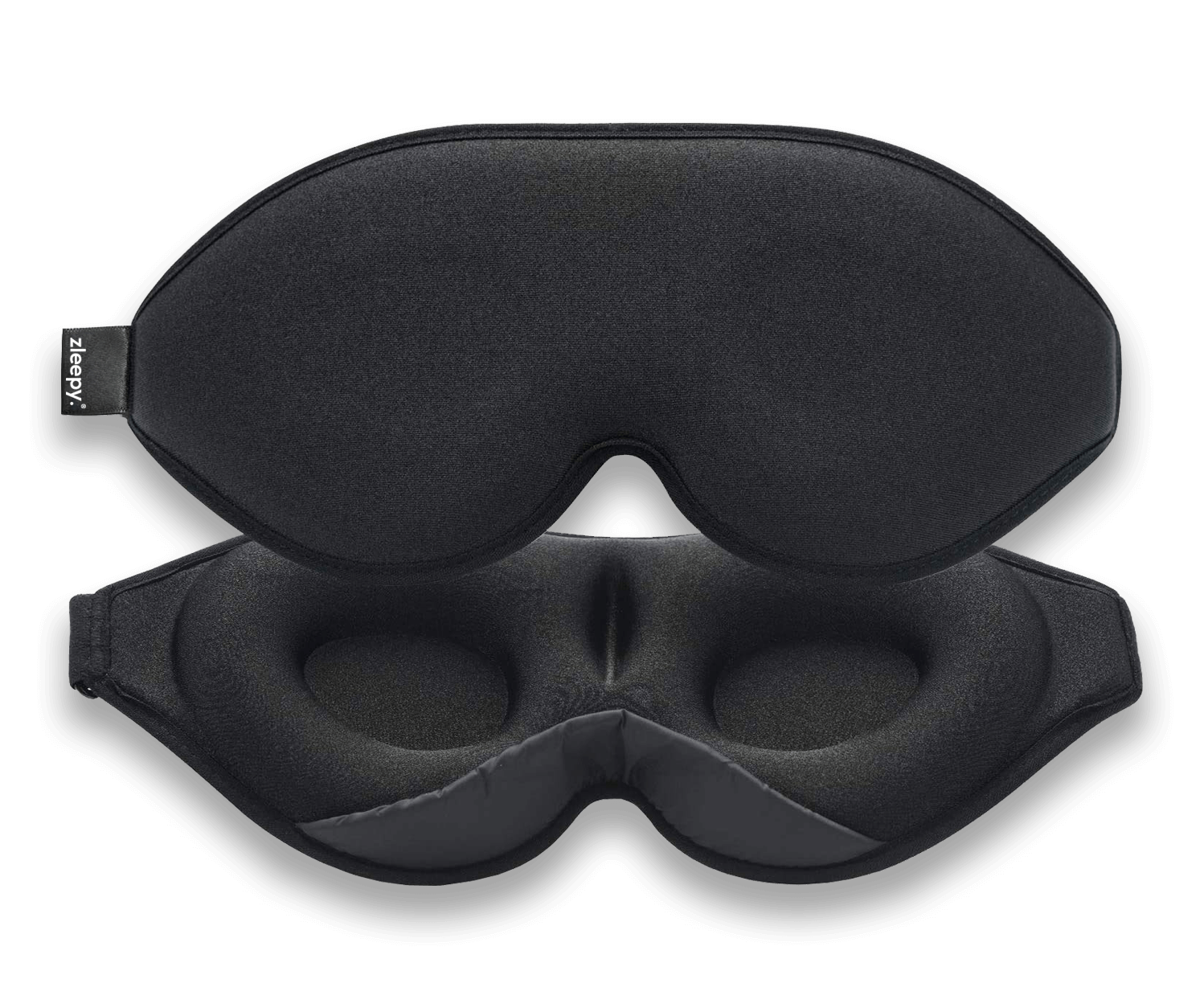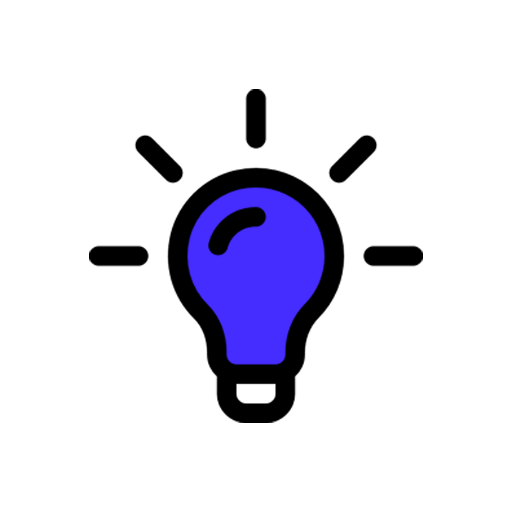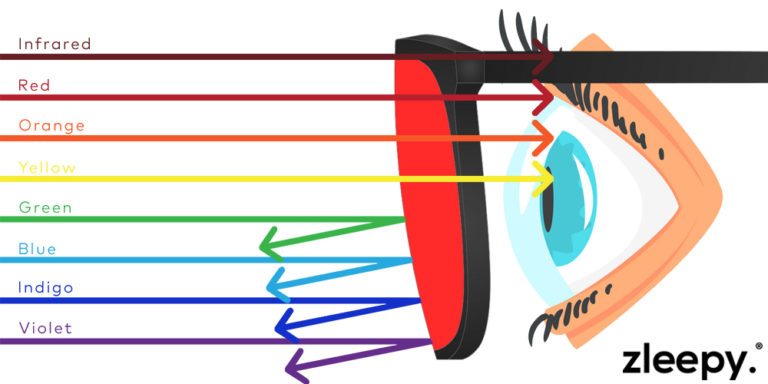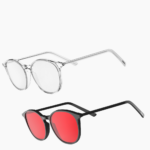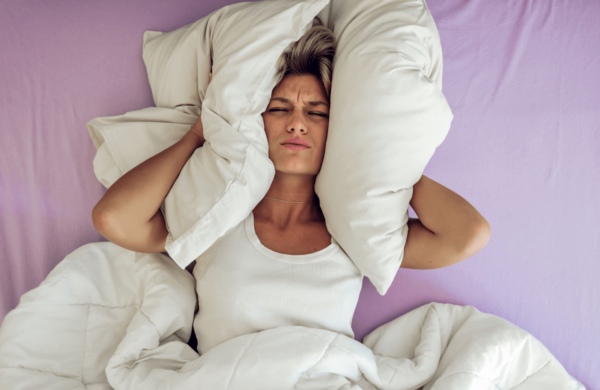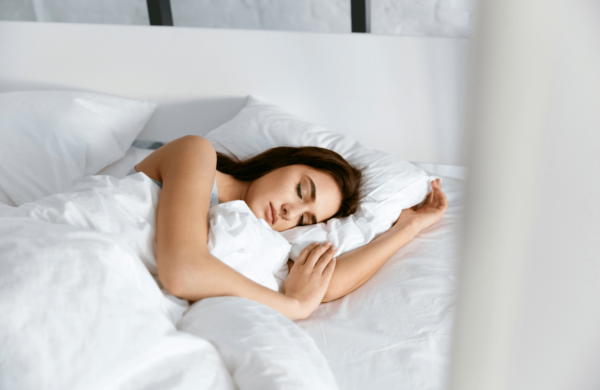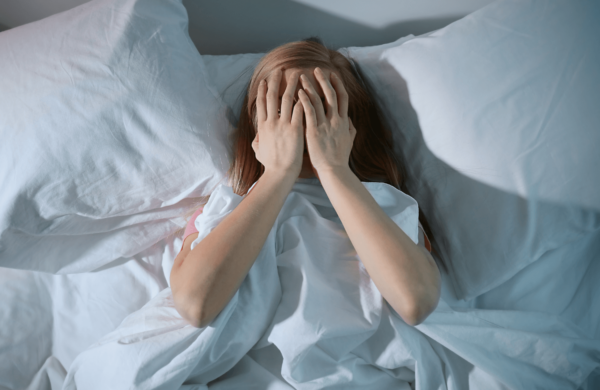How does blue light affect sleep?
There are different forms of blue light and green light that we are exposed to on a daily basis. These different types of blue light have positive and negative effect on our health and well-being.
This is because blue light can affect our sleep in positive and negative ways, depending on which type of blue light you are exposed to and when.
We know that getting 7-9 hours of sleep every night is optimal for a healthy lifestyle. We also know that, getting under 7 hours sleep over long periods of time can dramatically have negative mental and physical health implications.
This is why it is important to understand how and when we should expose ourselves to blue light, to refine our sleep quality and quantity.
What are the different types of blue light?
The different types of blue light are natural sunlight, LED Lights, LED television lights, fluorescent light bulbs and computer and smart phone screens.
We as humans are exposed to all of these types of blue light on a daily basis, but most of us don’t really understand how they can positively or negatively affect our health.
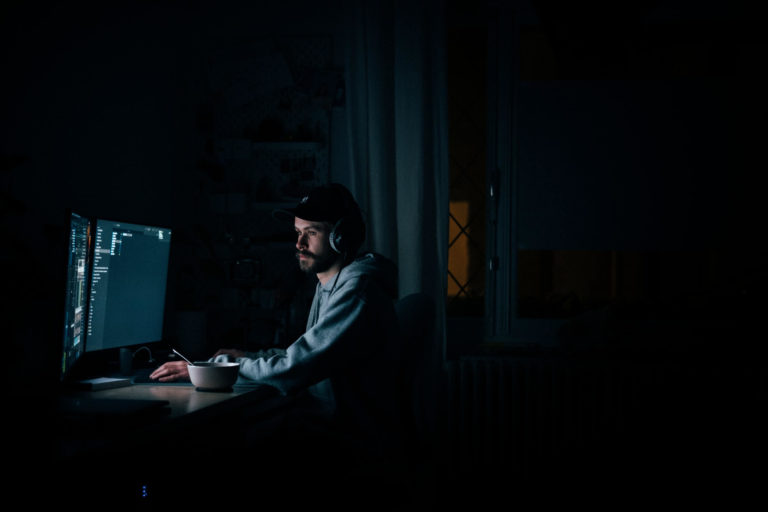
Why is daylight exposure good for sleep?
It is understood that daylight exposure has been found over recent years to positively affect our sleep duration. Several studies have also shown that it can improve sleep quality, decrease sleep-onset latency and increase evening fatigue so that you’re ready to sleep at night-time.
Scientists believe that the reasons it can affect our sleep positively is because our bodies have a natural “body clock” called the circadian rhythm. This tells us when we should be awake and when we should be asleep, this is affected and influenced by our exposure to blue light.
So basically, daylight exposure to natural forms of blue light from the sun can influence our body’s natural “body clock” to prepare to sleep once it becomes night-time.
Our top tip would be to go on a daily walk outside for an hour or so, to receive your daily amounts of natural blue light.
You can read more about this in the following study by clicking here!

Which type of blue light can negatively affect my health?
Humans, like many other animals were designed to be awake through the daytime and sleep after sunset until dawn.
After sunset, there was never any blue light occurring in the natural habitat of any human. Fast-forward to 2021, most humans are exposed to some sort of blue light after sunset whether it be from their computer screen, smartphone or television.
Because technology has moved on so quickly within the last 100 years, humans have not been able to naturally adapt to these habit changes with evening blue light exposure.
Why does blue light negatively affect sleep?
As we know, humans were not designed to be exposed to any form of blue light after sunset as there hasn’t been enough time for evolution to run its course and get humans to adapt to blue light exposure.
Being exposed to blue light and green light after sunset can delay the production and secretion of our body’s natural sleep hormone melatonin.
What happens is blue light and green light can push back the production timing of melatonin, meaning that it takes longer to get into a deeper sleep and complete all of our sleep cycles before it’s time to wake back up again.
Doing this for long periods of time is actually meaning that we are losing sleep quality and duration, and it will add up over time. This in turn may have a negative effect on your health.
Sustained long periods of sleeping under 7 hours has been linked to cancer, heart disease and obesity.
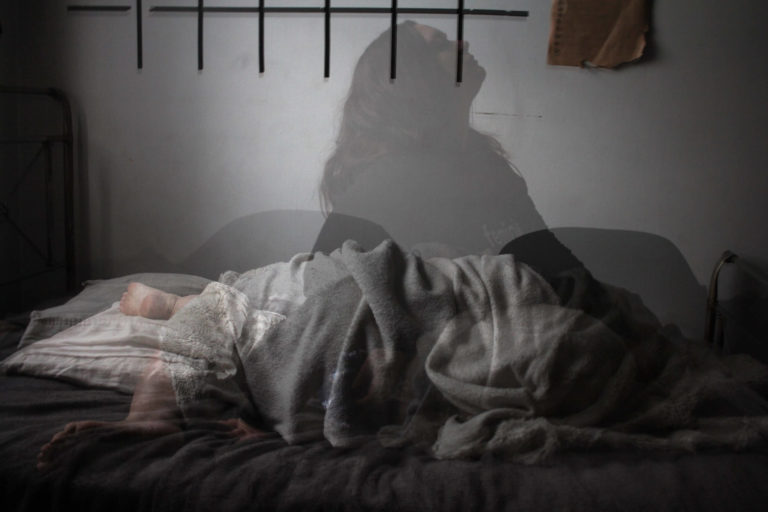
How can I reduce my night-time blue light exposure?
We have a few tips and tricks to reduce your blue light exposure, to help optimise your sleep hygiene. The first one would be the obvious, just turn all of your devices and lights off in the house and light a few candles around the house. But for obvious reasons this is unrealistic for some people, as some people have to work in the evening on their computers for example.
Using blue & green light blocking glasses can help reduce exposure to blue light, which in turn can help improve sleep quality. What you need is a pair of blue and green light blocking glasses that block out nearly 100% of blue and green light.
These will have a deep red lens, but be warned, there are glasses of a cheap quality on marketplaces that have orange lenses. These glasses can sometimes only block between 50-80% of blue and green light. These lenses defeat the purpose of what the glasses are supposed to do. You can find high quality blue light blocking glasses that block out 100% of blue and green light here.
Once you have some high-quality blue light blocking glasses, wear them after sunset to help your body start producing melatonin more efficiently and effectively before bedtime.
If it is the summertime, start wearing the glasses at least two hours before you plan to go to bed to help induce the natural production of melatonin.
You can purchase red bulbs, or bulbs that you can change from normal warm light to red light. These are good to use for evenings as they don’t produce blue or green light, but you will be able to see when walking around your house.
What should I do when I need to go to the toilet in the night?
If you can navigate to the toilet without turning a light on, this is the perfect scenario as it lowers your chance of disrupting you, meaning you can get back to sleep easily.
If you can buy a lamp that has a dimmed red glow, this will help you to see without triggering any energising effects that blue light does.
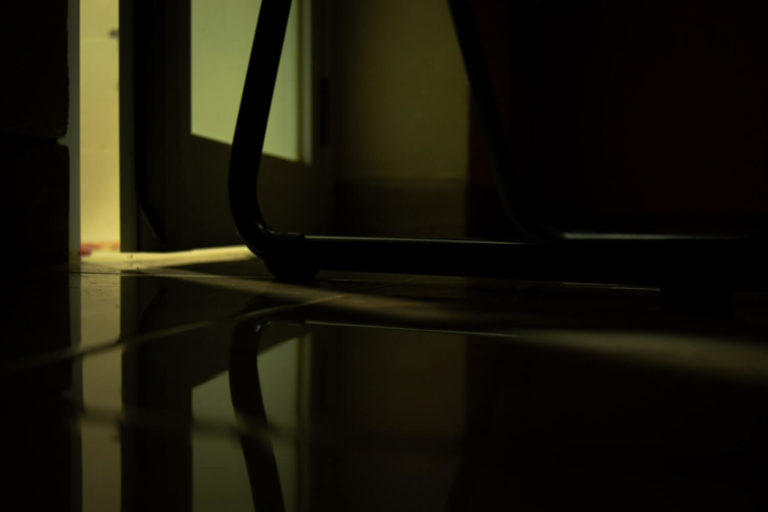
Sunlight wakes me up in the morning, how can I combat this?
So, as you now have learned, blue light can have energising affects on the human body because we have receptors in our eyes and our skin.
Our top tip to help combat being woken up by morning sunlight, would be to use a fully blackout sleep mask. You can also invest in blackout blinds, but these obviously come at a much higher cost in comparison to a high-quality sleep mask.
Our conclusion, be mindful about how much blue light you take in after sunset as it can potentially be damaging your health. Make sure you try and get between 7-9 hours of sleep per night. Get into a good sleep hygiene habit, so that your body get used to going to bed and waking at consistent times.
You can find a high quality full blackout 3D Sleep Mask here.

